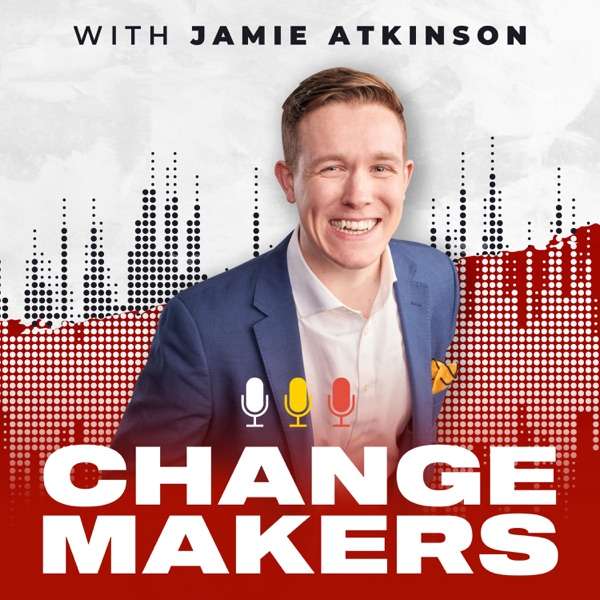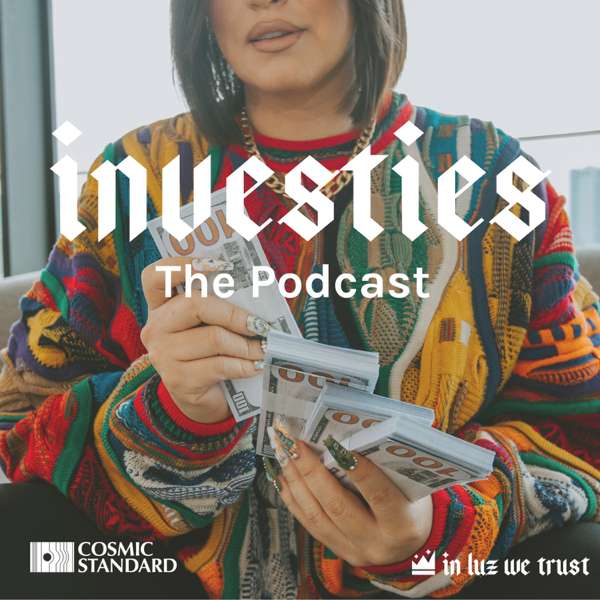It was Leonardo Da Vinci who said, simplicity is the ultimate sophistication. He is right! Minimalist living isn’t a new trend, it has been with us for centuries. So why is it making a comeback these days?
In 2005, Tim Kasser, a psychology professor at Illinois’ Knox College conducted a study on minimalism and its impact on happiness and wellbeing.
The study found that despite factors such as geographical location, gender, and age, those who simplified their lives reported significantly higher levels of positive emotions and life satisfaction.
So what exactly is minimalism?
No, not that kind of minimalism, more like this…
Minimalist living is all about owning less, having fewer distractions, and most importantly for Listen Money Matters fans, spending less.
Less is more, according to minimalism. A cluttered life leads to a cluttered brain, and ultimately an unhappy life.
Minimalism is mental framework about how you go about your daily life, avoiding the trappings of modern consumer culture.
Although there’s nothing wrong with owning things, minimalists would (rightly) argue that we have gone overboard with our materialistic lifestyles, to the detriment of our mental health and wellbeing.
Enough said, moving on.
Minimalists believe that we give way too much meaning to things, to the detriment of our financial, emotional, and physical health. Are things like homes, cars, and video games important to you? If they are, great.
But, if being a good person, family relationships, and physical health are more important, why do so many people forsake these for material wants?
This is the mantra of the minimalist, and there is some truth to it. So how does one begin to live a minimalist lifestyle?
Leading a simple life through minimalism doesn’t have to happen in one leap.
You can take small steps until you get to a place that is comfortable for you. Here’s how to get started.
Becoming minimalist
One of the most challenging aspects of adopting a minimalist lifestyle is figuring out where to start. If you are excited about all the benefits that minimalism has to offer, you may be tempted to make several big changes right away.
However, if you are not careful, a rapid transition can make you feel burnt out and cause you to lose momentum.
Before you take any concrete steps to minimize, it is essential that you adjust your mindset.
Minimalism is all about reducing stress and clutter in your life, and it’s much easier to begin this outward transition after you have adjusted your mindset to be more organized.
When you embark on your pursuit of minimalism, prepare to take your time with the transition. A slow and steady approach will reduce the adjustment you must make to your new minimalist lifestyle.
How to be a minimalist
As you start your journalist, here are a few steps on how to be a minimalist:
Take stock of your possessions
Before you can make changes in your home, you need to understand exactly how much you own. Walk through your house or apartment and take a look at the items you have in different rooms.
Make sure to take note of areas that you want to pay special attention to, such as overflowing dressers or cluttered bookshelves. It’s also a good idea to identify repeat items that you could easily downsize, such as multiple copies of the same book.
Work through your emotional connections to stuff
If you feel some anxiety when you think about getting rid of some of your possessions, you’re not alone. Most people have emotional connections to their possessions that can make letting go difficult.
Learn more about your ad choices. Visit megaphone.fm/adchoices

 Our TOPPODCAST Picks
Our TOPPODCAST Picks  Stay Connected
Stay Connected







